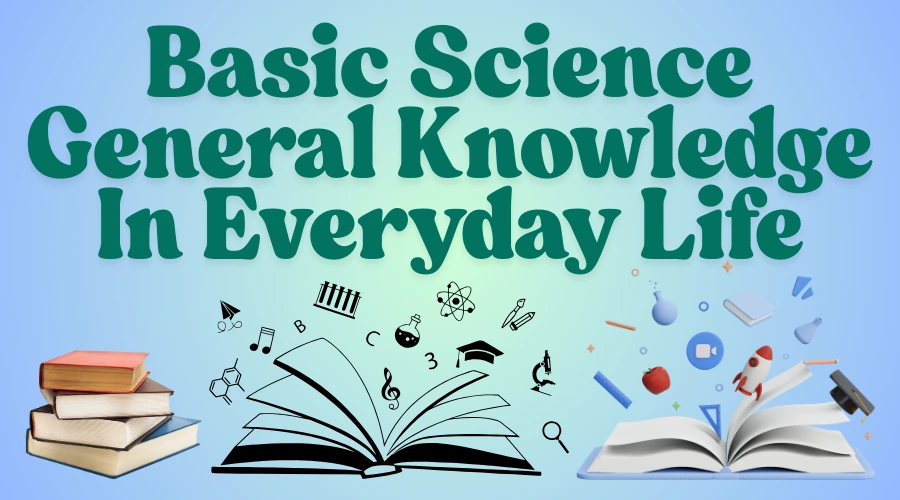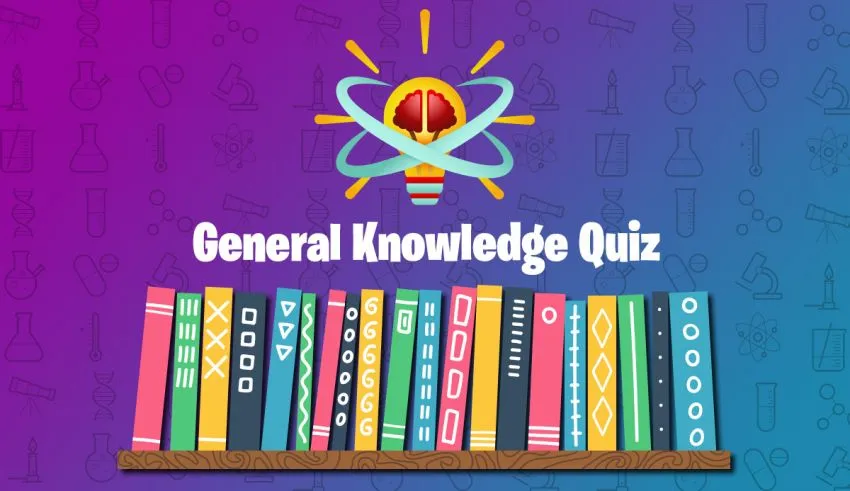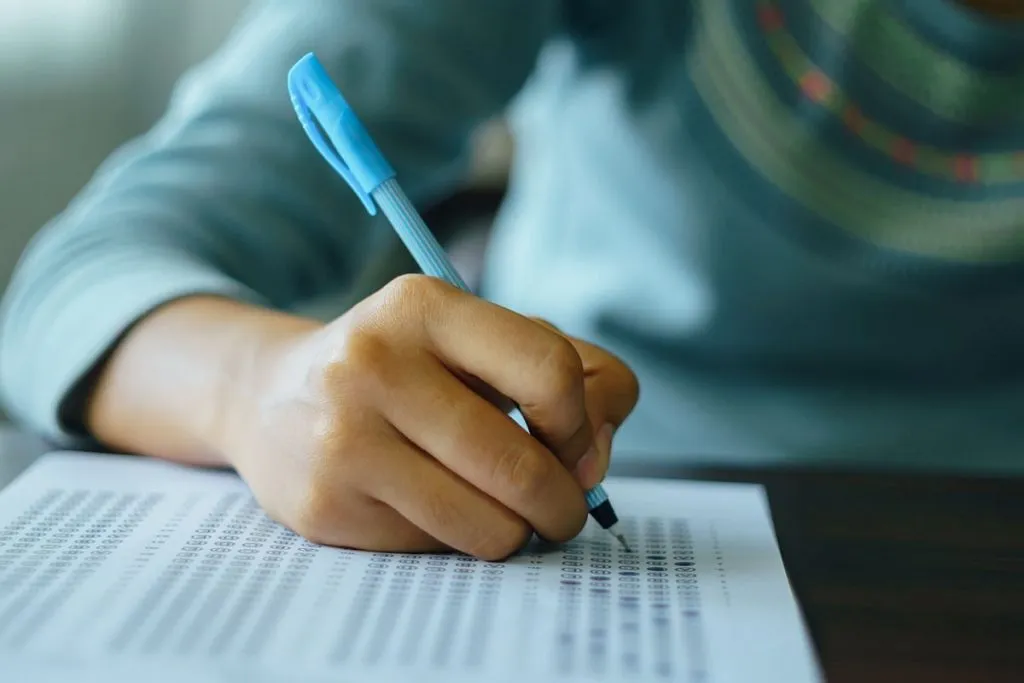Getting good grades can feel scary sometimes. But I have great news for you! There's a secret weapon that can help you do much better on tests. It's called past question papers, and I'm going to show you exactly how to use them. I've been helping students for many years. During this time, I've seen thousands of kids go from worried test-takers to confident exam winners. The best part? They all used the same simple trick.
Why Past Question Papers Are Your Best Friend
Past question papers are old tests from previous years. Think of them like practice games before the real sports match. When you practice with these papers, you get to see what kinds of questions come up again and again.
Here's what makes them so special:
- They show you the exam pattern and question format
- You learn which topics are most important
- Your test-taking skills get much better
- You feel less nervous on exam day
Many students skip this step. But those who use previous year question papers often score 20-30% higher than those who don't!
How to Use Past Question Papers for Exam Success - The Smart Way
Finding the Right Past Papers for Maximum Results
The first step is getting your hands on good old question papers. But not all papers are equal. You want the best ones.
Here's where to look:
School libraries usually keep old papers for many years. Ask the librarian to help you find them. Most schools are happy to share these with students.
Teacher's offices often have boxes full of previous tests. Your teachers might give you copies if you ask nicely.
Online educational websites now offer free downloads of past papers. Just make sure they're from your exact curriculum.
Study groups and older students can share papers they've collected over time.
Creating Your Study Schedule with Historical Question Papers
Now that you have your papers, it's time to make a plan. Effective study planning is key to success.
Start by looking at all your papers. Count how many you have for each subject. Then make a simple schedule.
For example:
- Week 1: Do 2 papers for Math
- Week 2: Do 2 papers for Science
- Week 3: Mix different subjects
Don't try to do everything at once. Your brain needs time to learn from each practice session.
I always tell my students: "Slow and steady wins the race." It's better to do one paper well than to rush through five papers.
Setting Up Your Practice Environment
Make your practice feel like the real thing. Find a quiet spot where nobody will bother you. Set a timer just like in real exams.
Put away your phone and any other things that might distract you. This exam simulation helps train your brain for the actual test day.
Proven Strategies for Analyzing Previous Year Papers
Pattern Recognition Techniques for Better Performance
Smart students look for question patterns in past papers. Here's how you can do it too:
Take out three or four papers from the same subject. Look at them side by side. You'll start to notice things.
Some topics show up in every single paper. These are your high-priority topics. Study these first because they're almost guaranteed to be on your exam.
Other questions might have the same style but different numbers or examples. Once you understand the pattern, you can solve any version of that question.
Time Management Skills Through Past Paper Practice
Time allocation strategies can make or break your exam performance. Past papers teach you this skill perfectly.
Start by doing papers without worrying about time. Focus on getting answers right first. Once you're comfortable, add the time pressure.
Use this simple method:
- First attempt: No time limit
- Second attempt: 1.5 times the exam duration
- Third attempt: Actual exam time
- Fourth attempt: 10% less than exam time
This builds your speed gradually. By your fourth practice, you'll finish with time to spare!
Identifying Weak Areas and Improvement Opportunities
Past papers show you exactly where you need more work. Don't feel bad when you find knowledge gaps - every student has them.
Make a list of questions you got wrong. Group them by topic. The topics with the most wrong answers need extra study time.
Advanced Techniques for Maximizing Past Paper Benefits
Answer Key Analysis and Self-Assessment Methods
Don't just check if your answer is right or wrong. Study model answers carefully. They show you the exact way teachers want you to write.
Look at how points are organized. Notice which examples they use. Pay attention to key words that get full marks.
Create your own answer evaluation system:
- Full marks: Perfect answer
- Half marks: Right idea, missing details
- No marks: Need to study this topic more
Creating Your Own Question Bank from Multiple Sources
Question compilation is a powerful technique. Collect similar questions from different years and put them together.
For example, if algebra questions appear often, make an algebra question list. This gives you tons of practice on important topics.
You can also create mock tests by mixing questions from various papers. This makes your practice more interesting and challenging.
Collaborative Study Using Shared Past Papers
Studying with friends makes past papers even more helpful. You can peer review each other's answers and share different solving methods.
Form a small study group. Each person can focus on different papers, then teach the others. This group study technique helps everyone learn faster.
Common Mistakes to Avoid When Using Past Question Papers
Memorization vs Understanding - Finding the Right Balance
Some students make a big mistake. They try to memorize every answer from past papers. This doesn't work!
Conceptual learning is much more important than rote memorization. Understand why an answer is correct, not just what the answer is.
Think of it like learning to ride a bike. You can't just memorize the steps. You need to understand balance and coordination.
Over-reliance on Past Papers Without Covering New Material
Past papers are amazing tools, but they're not everything. Don't ignore your textbooks and class notes.
Use this balanced study approach:
- 60% regular study (textbooks, notes, classwork)
- 40% past paper practice
This keeps you prepared for both expected and surprise questions.
Making Past Papers Work for Different Subjects
Science and Math Past Paper Strategies
For STEM subjects, focus on problem-solving steps. These subjects often have similar question types that repeat.
Practice the calculation methods until they become automatic. Time yourself solving math problems to build speed.
Science questions often ask for explanations. Practice writing clear, step-by-step answers that anyone can understand.
Language and Social Studies Approaches
Humanities subjects need different techniques. These papers often test your writing and thinking skills.
For language papers, practice different types of essays and stories. Look at how high-scoring answers are structured.
Social studies questions want facts plus your own thoughts. Practice giving examples and explaining why things happen.
Adapting Methods for Different Question Types
Multiple choice questions need elimination strategies. Learn to cross out obviously wrong answers first.
Essay questions require planning before writing. Spend 5 minutes making an outline for longer answers.
Short answer questions want specific, direct responses. Practice being clear and concise.
Digital Tools and Modern Approaches
Online Resources and Apps for Past Paper Practice
Technology makes digital study methods easier than ever. Many educational apps now offer past papers with instant feedback.
These tools can track your progress and show which areas need more work. Some even create custom practice tests based on your weak points.
Online practice platforms often have papers from multiple exam boards. This gives you more variety in your practice.
Creating Digital Study Groups and Sharing Resources
Virtual study sessions connect you with students from other schools. You can share papers and study strategies online.
Use simple tools like video calls to practice oral exams or discuss difficult questions together.
Resource sharing platforms let you access papers that might be hard to find in your area.
Building Confidence Through Strategic Practice
Progressive Difficulty and Skill Building
Start with easier papers and gradually move to harder ones. This progressive learning approach builds your confidence step by step.
Don't jump into the most recent papers right away. Begin with older, simpler versions to build your foundation.
As your skills improve, you'll notice that questions that seemed impossible before now feel manageable.
Dealing with Exam Anxiety Using Familiar Question Formats
Test anxiety reduction is one of the biggest benefits of past paper practice. When you've seen similar questions before, exams feel less scary.
The more you practice, the more confident you become. This confidence helps you think clearly during actual exams.
Many students tell me that past papers helped them sleep better the night before big tests!
Frequently Asked Questions
Q: How many past papers should I practice before my exam?
A: I recommend practicing at least 5-8 papers per subject. This gives you enough exposure to different question types without overwhelming yourself.
Q: Should I use past papers from other schools or exam boards?
A: Stick to papers from your own curriculum first. Once you've mastered those, papers from similar curricula can provide extra practice.
Q: What if I can't find past papers for my subject?
A: Ask your teachers, check your school library, or look for similar subjects online. Teachers often have access to resources that students don't know about.
Q: How long before my exam should I start using past papers?
A: Start at least 6-8 weeks before your exams. This gives you time to identify weak areas and improve them.
Q: Is it okay to look at answers while practicing?
A: Try to solve questions on your own first. Only check answers after completing each section. This builds real problem-solving skills.
Q: Can past papers guarantee exam success?
A: While past papers are incredibly helpful, combine them with regular study, class attendance, and good health habits for best results.
Your Path to Exam Success Starts Now
Using past question papers for exam success isn't just a study technique - it's a proven strategy that works for students everywhere. The key is starting early and practicing consistently. Remember, every expert was once a beginner. The students who score highest aren't necessarily the smartest - they're often the ones who practice the most strategically. Take action today. Find some past papers for your next exam. Start with just one paper and see how it feels. I promise you'll notice the difference in your confidence and performance. Your future self will thank you for starting this journey now. Good luck, and remember - you've got this!


.png)











